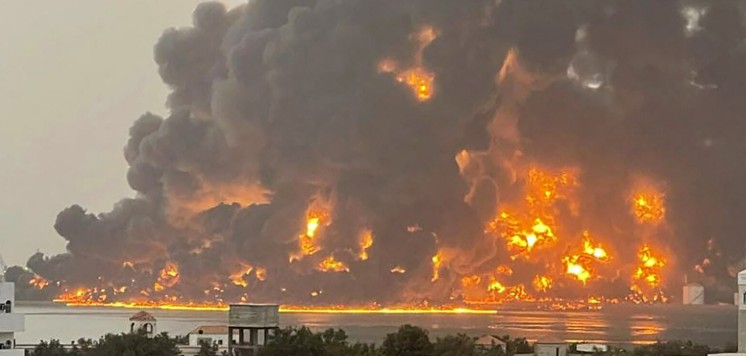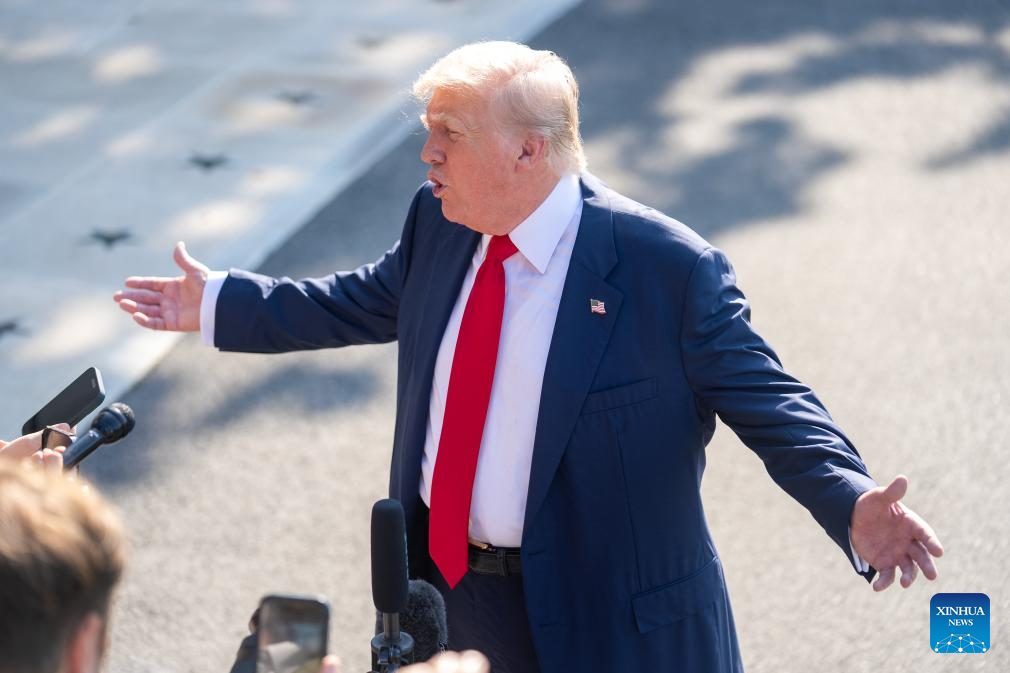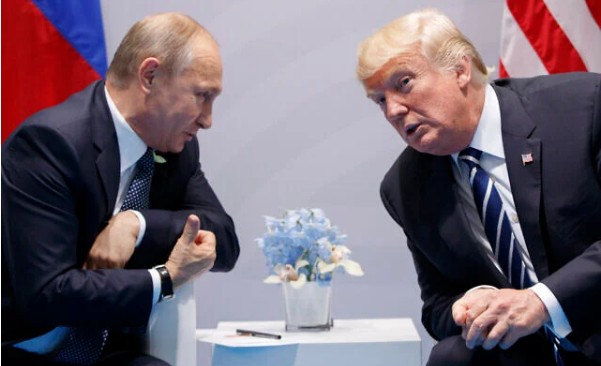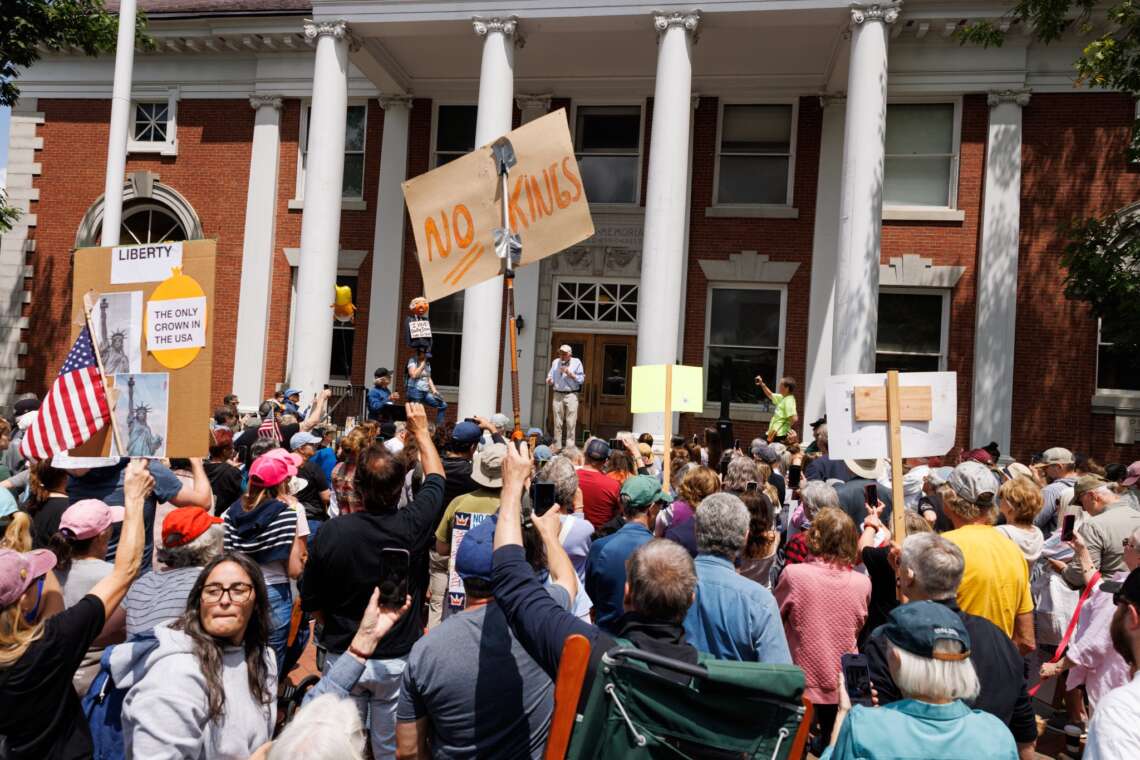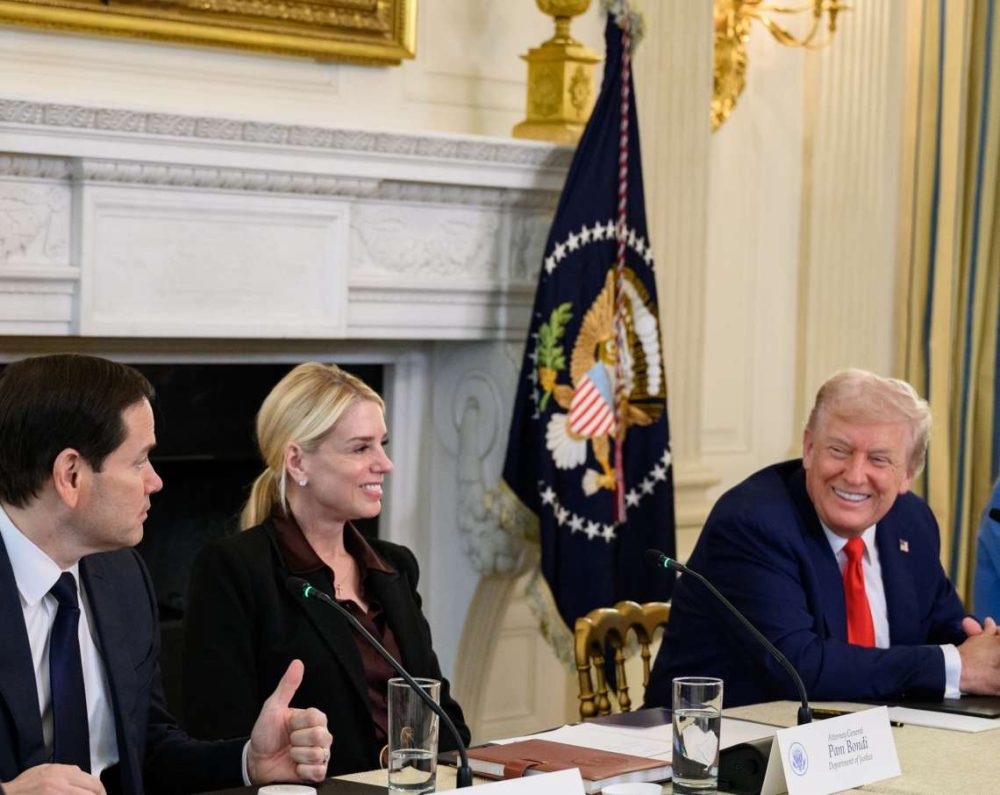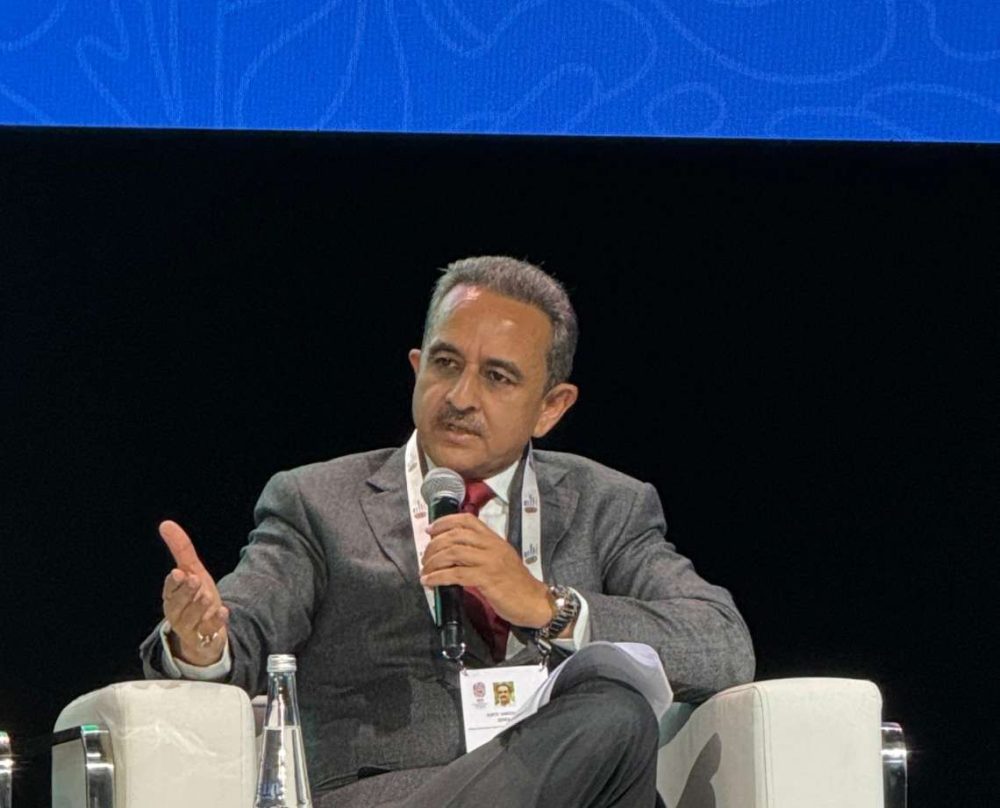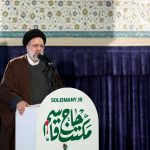Israel and Iran have signaled more attacks are coming, despite urgent calls from world leaders to deescalate to avoid all-out
The latest US-Iran talks on Tehran’s rapidly advancing nuclear program will not take place Sunday, mediator Oman said Saturday, as Israel and Iran traded blows a day after Israel’s blistering attack on Iranian nuclear and military sites.
An Israeli drone struck and caused a “strong explosion” at an Iranian natural-gas processing plant, semiofficial Iranian news agencies reported — the first Israeli attack on Iran’s oil and natural gas industry, if confirmed. Israel did not immediately comment. The plant located in Iran’s South Pars natural gas field produces liquified natural gas and other products, and the extent of the damage was not immediately clear.
The two days of intense attacks have left Iran’s surviving leadership with the difficult decision of plunging deeper into conflict with Israel’s more powerful forces or seeking a diplomatic route.
Israel’s ongoing strikes have halted — for now — diplomacy between the US and Iran. Oman’s foreign minister, Badr Al-Busaidi, said on social media that talks on Sunday “will not now take place,” but he added that “diplomacy and dialogue remain the only pathway to lasting peace.”
Israel and Iran have signaled more attacks are coming, despite urgent calls from world leaders to deescalate to avoid all-out war. The region is already on edge as Israel makes a new push to eliminate the Iranian-backed militant group Hamas in Gaza after 20 months of fighting.
Israel — which is widely believed to have a nuclear weapons program — said its hundreds of strikes on Iran over the past two days also killed nine senior scientists and experts involved in Iran’s nuclear program. Iran’s UN ambassador said 78 people were killed and more than 320 wounded.
Iran retaliated by launching waves of drones and ballistic missiles at Israel, where explosions lit the night skies over Jerusalem and Tel Aviv and shook buildings. The Israeli military urged civilians, already rattled by the war in Gaza sparked by Hamas’ Oct. 7 attack, to head to shelter for hours. Health officials said three people were killed and dozens wounded.
Defense Minister Israel Katz said Iran will pay a heavy price for harming Israeli citizens. “If (Iranian Supreme leader Ayatollah Ali) Khamenei continues to fire missiles at the Israeli home front — Tehran will burn,” Katz said.
Prime Minister Benjamin Netanyahu said Friday that his objective was to eliminate any Iranian threat to Israel, but he also urged Iranians to rise up against their leaders.

Strikes derail nuclear talks
The US and Iran were scheduled to be in Oman on Sunday for their sixth round of indirect talks over Iran’s nuclear program. Iran’s top diplomat said Saturday the talks were “unjustifiable” after the Israeli strikes.
The comments by Abbas Araghchi, Iran’s minister of foreign affairs, came during a call with Kaja Kallas, the European Union’s top diplomat.
The Israeli airstrikes were the “result of the direct support by Washington,” Araghchi said in a statement carried by the state-run IRNA news agency. The US has said it isn’t part of the strikes.
There was no immediate word from the White House after Araghchi’s comments. On Friday, US President Donald Trump urged Iran to reach a deal with the US on its nuclear program. He warned on social media that Israel’s attacks “will only get worse,” adding that “Iran must make a deal, before there is nothing left.”
Iranian missiles strike Israel
Khamenei signaled in a recorded message Friday that Iran was prepared to keep up its retaliatory attacks on Israel: “We will not allow them to escape safely from this great crime they committed.”
Iran launched waves of missiles at Israel late Friday and early Saturday, and Iranians awoke to state television airing repeated clips of strikes on Israel, as well as videos of people cheering and handing out sweets.
The Iranian attacks killed at least three people and wounded 76, mostly in and around Tel Aviv, according to two local hospitals. One missile severely damaged at least four homes in the nearby city of Rishon Lezion, according to first responders.
The Israeli military said seven soldiers were lightly wounded when a missile hit central Israel, without specifying where. It was the first report of Israeli military casualties since the initial Israeli strikes.
US ground-based air defense systems in the region were helping to shoot down Iranian missiles, said a US official who spoke on condition of anonymity to discuss the measures.
In Ramat Gan, east of Tel Aviv, an Associated Press journalist saw burned-out cars and at least three damaged houses, including one whose front was nearly entirely torn away.
Residents of a central Israeli city that was hit Friday night told the AP the explosion was so powerful it shook their shelter door open. “We thought, that’s it, the house is gone, and in fact half of the house was gone,” said Moshe Shani.
Israeli police said debris from the interception of drones and missiles fell in dozens of locations in northern Israel, causing damage and fires but no injuries.
Israel’s main international airport said Saturday it will remain closed until further notice.
Indications of a new Israeli attack
Iranian state television reported online that air defenses were firing in the cities of Khorramabad, Kermanshah and Tabriz. Footage from Tabriz showed black smoke rising from the city.
An Israeli military official said Saturday that the military was poised to carry out more strikes in Iran, saying, “This is not over.” He spoke on condition of anonymity in line with official procedures.
Israel’s army spokesman, Brig. Gen. Effie Defrin, said Israel had attacked more than 400 targets across Iran, including 40 in Tehran, where dozens of fighter jets were “operating freely.” He said it was the deepest point Israel’s air force had operated.
Defrin said fighter jets struck over 40 “missile-related targets and advanced air defense array systems” across Iran.
Overnight, the sound of explosions and Iranian air defense systems firing at targets echoed across central Tehran. Iran’s semiofficial Tasnim news agency reported a fire at Tehran’s Mehrabad International Airport.
Countries in the region condemned Israel’s attack, while leaders around the globe called for immediate deescalation from both sides.
‘More than a few weeks’ to repair nuclear facilities
Among the key sites Israel attacked was Iran’s main nuclear enrichment facility in Natanz. Satellite photos analyzed by AP show extensive damage there. The images shot Saturday by Planet Labs PBC show multiple buildings damaged or destroyed. The structures hit include buildings identified by experts as supplying power to the facility.
UN nuclear chief Rafael Grossi told the Security Council that the above-ground section of the Natanz facility was destroyed. The main centrifuge facility underground did not appear to have been hit, but the loss of power could have damaged the infrastructure there, he said.
Israel said it also struck a nuclear research facility in Isfahan, including “infrastructure for enriched uranium conversion,” and said it destroyed dozens of radar installations and surface-to-air missile launchers in western Iran. Iran confirmed the strike at Isfahan.
The Israeli military official said that according to the army’s initial assessment “it will take much more than a few weeks” for Iran to repair the damage to the Natanz and Isfahan nuclear sites. The official said the army had “concrete intelligence that production in Isfahan was for military purposes.”
Israel denied it had struck the nuclear enrichment facility in Fordo, about 100 kilometers (60 miles) southeast of Tehran, after an Iranian news outlet close to the government reported the sound of explosions nearby,
Netanyahu said the attack had been months in the making and was planned for April before being postponed.
Among those killed were three of Iran’s top military leaders: one who oversaw the entire armed forces, Gen. Mohammad Bagheri; one who led the paramilitary Revolutionary Guard, Gen. Hossein Salami; and the head of the Guard’s aerospace division, which oversees its arsenal of ballistic missile program, Gen. Amir Ali Hajjizadeh.
Two of Bagheri’s deputies were also killed, Iran confirmed Saturday. On Saturday, Khamenei named a new leader for the Revolutionary Guard’s aerospace division: Gen. Majid Mousavi.


